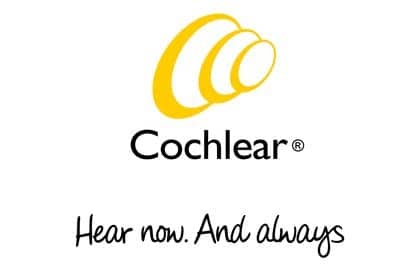January 3, 2008
GRAND RAPIDS, Mich — A seed planted by the founding member of Grand Rapids’ Hearing Loss Association of America (HLAA) chapter has born fruit, reports David Myers of Hope, Mich, an advocate for loop systems in public areas. After a number of meetings, the board of Michigan’s second largest airport (the Kent County Aeronautics Board) approved a contract for the looping of both concourses and all gate areas of the Gerald R. Ford International Airport in Grand Rapids. The installation is expected to occur early in 2008.
This will complement important visual information displays with more complete wireless audio transmission to hearing aids, says Myers. Hearing aid wearers need only activate their telecoils (which also enhance telephone listening) and their hearing aids will become wireless, low-power, customized loudspeakers.
Better Hearing Institute director Sergei Kochkin offered this advice to hearing industry professionals in the November 2007 edition of The Hearing Journal: “The way to increase adoption of hearing aids is to increase their utility. Double the functionality of hearing aids—with simply-operated, affordable ‘miniaturized internal wireless receivers in every hearing aid’—and word-of-mouth advertising will promote hearing aids and the stigma of hearing instruments will decline.”
Kochkin’s vision is being realized in west Michigan, reports Myers. The spreading adoption of hearing aid compatible assistive listening reflects the support of consumers, audio firms, and hearing professionals (by equipping most aids with telecoils). This airport initiative affirms the HLA-Michigan recommendation “that Michigan’s public places, as defined by ADA and MPDCR, and where sound is broadcast, install assistive listening systems that broadcast directly through hearing aids and cochlear implants.”
For lists of looped facilities in selected cities (these lists continue to grow, and do not yet include a new "loop southwest Michigan" initiative) visit:
- http://hearingloop.org/loopedlist.htm
- http://hearingloop.org/loopedlist.GR.htm
- http://hearingloop.org/loopedlist.GH.Musk.htm
For a more complete explanation of the technology, which has now become the prevailing assistive listening technology in Britain and some Scandinavian countries, see
For examples of other nonprofit consumer-led initiatives in the USA, see
For more information, visit www.hearingloop.org.
SOURCE: David Myers




